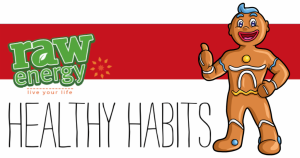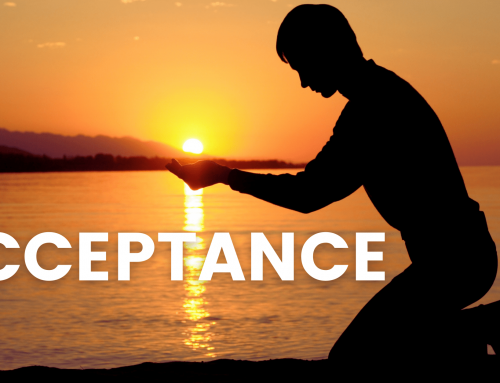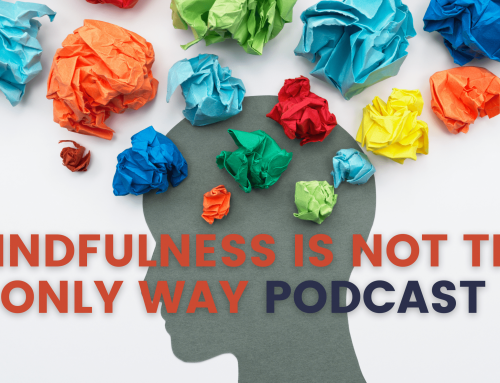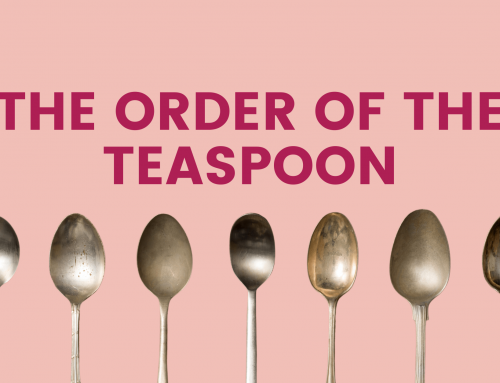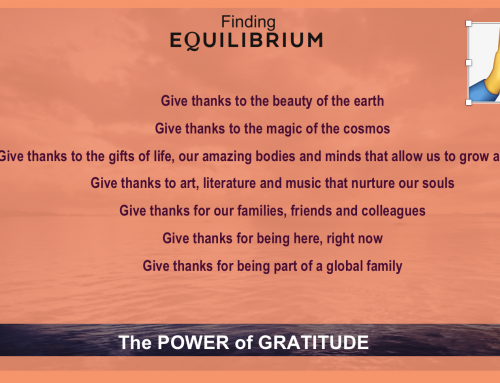What do I mean when I talk about ‘re-thinking stress?’
What I mean is literally to think in a different way about the stress you are feeling.
Stress is part of life, but many of us bring more stress onto ourselves, simply by worrying about what might happen and our interpretation of a particular situation.
Consider that stress happens within rather than outside of you. It’s the fear of the unknown that triggers the chemical reactions in our body – and leads to the negative health consequences.
For example – worrying about what might happen at work, and putting too much on your to-do list on a Monday morning, knowing you’re going to have a really busy week and not get it done, will create feelings of stress in your mind from the very first minute you start to think about it – all through the week.
As Dr Mark Hyman, MD, puts it extremely eloquently in his article ‘Five Ways Never To Be Stressed Again’
‘Whether something is real or imagined, when you perceive something is stressful, it creates the same response in the body.’
So simply thinking about a possible stressful situation will trigger the stress response, including raised blood pressure and heart rate. Your perception of the situation (what you think about it, and how much you negatively think about it) is part of the problem.
So if there’s no difference between what you think and what is real (in the brain anyway!) it means you can change the way your body and mind respond to stress just by thinking differently. It might not happen over night, but with these strategies, you will, in time, be able to re-think stress by training your brain (your thoughts).
So could you change the way you think about stress? Where are you on the worrying scale? Are you more of a worrier, or are you cool as a cucumber? Could you do with some guidance on how to re-think stress?
Here’s five ways that Mark Hyman suggests we stop worrying, re-think stress and train our brains to react differently:
1. Move. The best way to burn off the stress hormones without having to change your thinking is to move and sweat. Run, dance, jump, ride, swim, stretch, or skip—do something vigorous and lively. Check out the articles on raw energy blog to help you find an exercise that suits you – and read Lawrence’s article on tracking your habits so that you can really engage in your exercise routines.
2. Breathe. Most of us hold our breath often or breathe swallow, anxious breaths. Deep, slow, full breaths have a profound affect on resetting the stress response, because the relaxation nerve goes through your diaphragm and is activated with every deep breath. Take five deep breaths now, and observe how differently you feel after.
3. Bathe. For the lazy among us (including me), an UltraBath is a secret weapon against stress. Add 2 cups of Epsom salt (which contains magnesium, the relaxation mineral), a half-cup of baking soda, and 10 drops of lavender oil (which lowers cortisol) to a very hot bath. Then, add one stressed human and soak for 20 minutes. Guaranteed to induce relaxation.
4. Sleep. Lack of sleep increases stress hormones. Get your eight hours no matter what. Take a nap if you missed your sleep.
5. Think Differently. Practice the art of noticing stress, noticing how your thinking makes you stressed. Practice taking deep breaths and letting go of worry. Discover the art of being mindful as this will really help.
You can read the whole article from Dr Hyman here.
If a few more tips for a healthy lifestlyle would come in really handy for you, click the image below to sign-up for the Healthy Habits e-zine, delivered to your inbox every month.
Want more in-depth information?
Get a copy of Success Without Stress which is full of practical tips and techniques to help you reduce the negative stress in your life.
Available in print or kindle edition:
Click Here if you are in the UK/Europe
Click Here if you are in the US
By the end of the book, you will be in more control of your stress management. Discover:
- What stress is and how it affects our bodies
- How to identify the specific stressors in your life, so that you can take steps to reduce them
- How to track and measure your stress levels to get early warning signs
- How to spot the signs of stress in other people
- The 50 healthy habits you can incorporate into your life to prevent burnout



